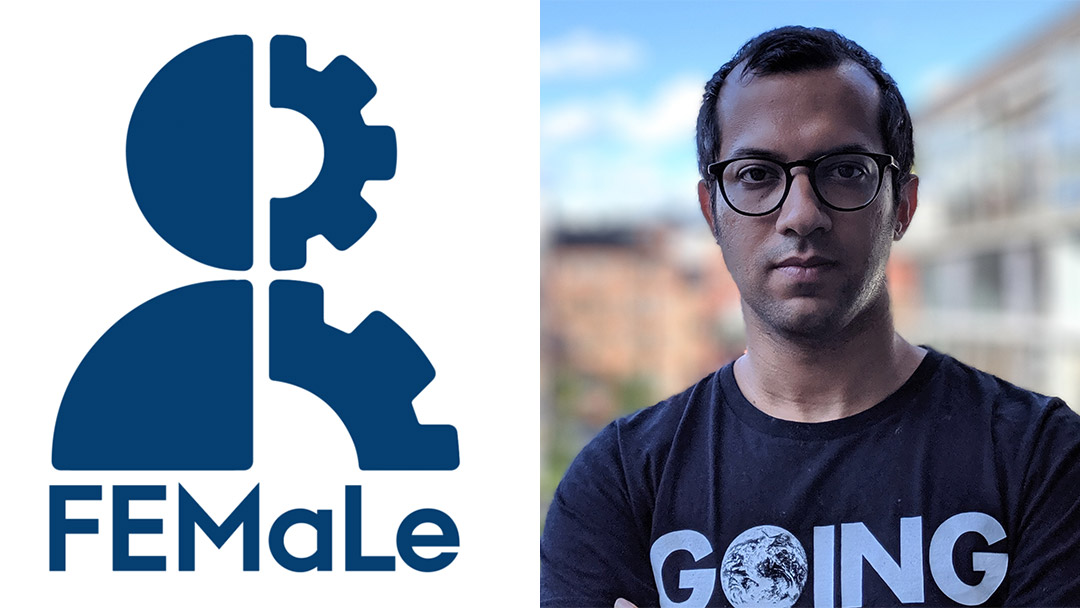International project aims to improve endometriosis treatment

Endometriosis affects an estimated 200 million women around the world. Now, the EU is supporting a major international research project that aims to improve the treatment and quality of life of those affected by the disease. Jayanth Raghothama, Assistant Professor in Healthcare Logistics at KTH is part of the project.
“The project is basically trying to find endometriosis using machine learning approaches. Endometriosis it is usually undetected or diagnosed very late, leading to a lot of complications, healthcare expenses and lose of quality of life,” says Jayanth Raghothama.
6 million in funding
The four-year FEMaLE project (Finding Endometriosis Using Machine Learning) has been awarded a 6 million euros grant from the Horizon 2020 pool. FEMaLE is led by Aarhus University along with 15 collaborating universities across Europe.
“The idea behind the project is to combine different sources of data, essentially patient-generated data, registry data and what we call multiomics data, to basically develop individualized and personalized interventions. Based upon that, the project also aims to develop an augmented reality tool, to assist in surgery for endometriosis. Basically a visualization tool that identifies Areas of concern, lesions, scarred tissue for the surgeon,” says Jayanth Raghothama.
Preventive measures
The goal is to collect patient-reported data on symptoms that could indicate endometriosis. Then, the data is link with what is called registry information (from a broader population already diagnosed), to develop models that will flag symptoms for a possible indication for endometriosis. Hopefully, this will help in preventive measures - detecting endometriosis earlier than it is usually detected and diagnosed today.
“We are responsible for a few tasks within this project. We will contribute towards generating the patient-reported data in Sweden. Establishing baseline questionnaires so that we can identify possible patients with endometriosis. This is done through a mobile health app. Patient reported data can be very significant. If the project is capable of fulfilling its goals then it can significantly improve the quality of life for many women. I think it’s incredibly important research,” says Jayanth Raghothama.
Text: Sabina Fabrizi & Jon Lindhe
For more information, contact Jayanth Raghothama at jayanthr@kth.se or Sebastiaan Meijer at smeijer@kth.se. You can read more about the FEMaLE project at endometriosis.org.
